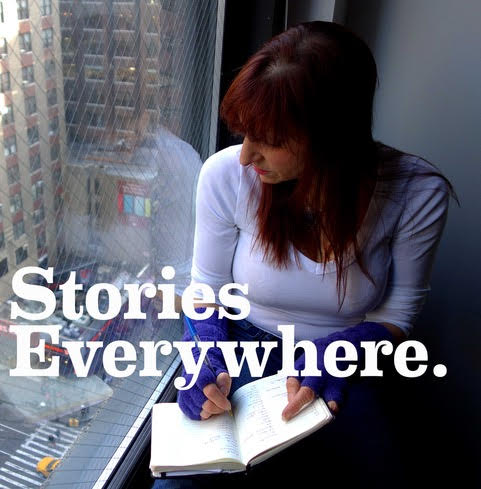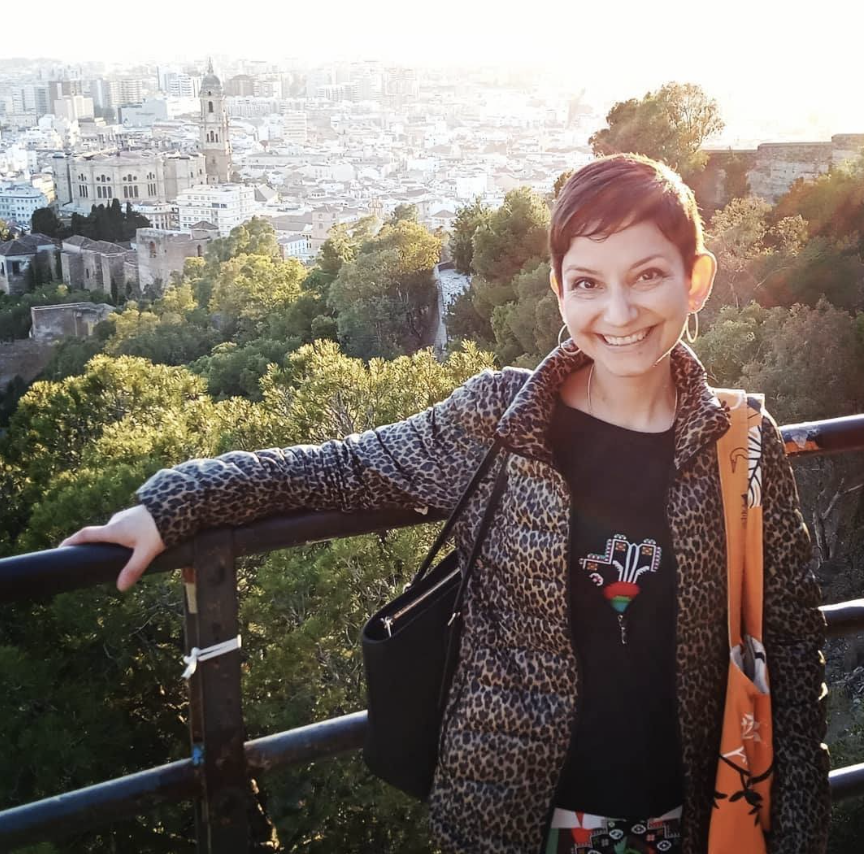
Our Stories Everywhere Contest (once called the #GWStoriesEverywhere Contest) began on X , then known as a buzzy social media site called Twitter and moved to our website in 2024. A hashtag is no longer required, but the challenge has remained the same: submit a story no longer than 25 words that relates in some way to the monthly theme. We then select one lucky winner to receive a free Gotham class of their choice.
So how can you write a stunning story of your own? Here are some tips:
- We want a story: a moment of change with a beginning and an end. The entry should relate to the theme, but it’s best if you do this in a surprising way. If the theme is “Ice cream” an entry about your favorite flavor probably won’t be a winner but could you write about how cold and red your hands got the first time your dad brought out the ice cream maker?
- Try not to use the exact words of the theme in your entry. A story that begins with the words “Ice cream is my favorite because…” will be passed over. Dig a little deeper.
- Your entry can be fiction or nonfiction. Mine your life for details—even better if you can make the minutiae of your day moving or interesting—or come up with something completely fantastical.
- A sense of irony or a glimmer of humor is always welcome. We seem to receive a lot of entries in the murder mystery genre. We like to laugh too!
- Practice! Try your hand at a few different themes and don’t get discouraged if you don’t win on your first try. It can take some time to get the hang of this—it’s quite the challenge to write a story in only 25 words. Reading over our winning entries (you can find them all here) will help, too. (And if you really take a shine to this micro-storytelling, you might just be a flash writer. You can find Gotham’s flash-only literary magazine here and you can learn more about our flash class here.)
- No social media account necessary. You no longer need to “spend” any of your allotted words on the hashtag either—we only want to see your story.
- Triple check your work. Entries with grammar or spelling errors aren’t eligible to win.
Ready to enter? Find the rules and submit here. And if you really take a shine to this micro-storytelling, you might just be a flash writer. You can find Gotham’s flash-only literary magazine here and you can learn more about our flash class here.



